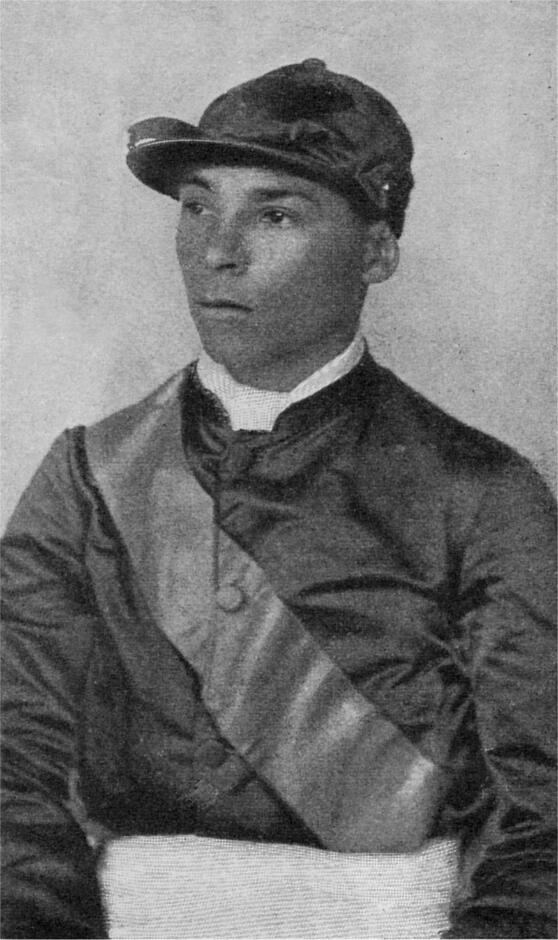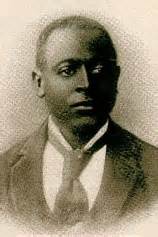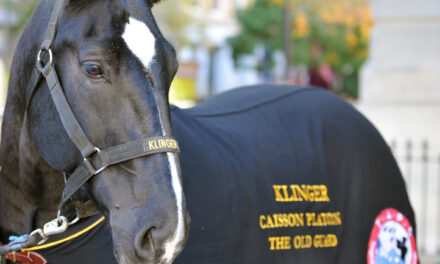By Olivia Wood, Equiery Intern (first published in the May 2021 Equiery)
Jockeys are some of the fittest professional athletes around and they earn millions of dollars for the owners they ride for. Top jockeys today earn several million dollars a year. For much of American racing, jockeys have been white, and male. In the early years of racing, however, African American jockeys dominated the sport. Nevertheless, their contributions are not widely known outside of the racing industry.
In the first Kentucky Derby (1875), for example, 13 of the 15 jockeys were African American and out of the first 28 runnings of the Derby, 15 were won by African Americans. These first professional African American athletes included Isaac Burns Murphy, who many in the industry consider one of the greatest American Thoroughbred jockeys of all time. Murphy earned 628 wins from the 1870s through early 1890s and logged 37 major racing wins during his career, including winning the Kentucky Derby three times (1884, 1890 and 1891).
Only two African American jockeys have won the Preakness Stakes. The first was George “Spider” Anderson, who rode Buddhist to victory on May 10, 1889. Buddhist was owned Samuel S. Brown, the heir to a Pennsylvania coal mining business. When Spider Anderson got to the track the morning of the race, Buddhist was the only entry on the card. Later that day, however, Governor Oden Bowie sent his colt to the track to prevent Anderson from winning in a walkover. Anderson and Buddhist won anyway with the $1,000 purse going to Buddhist’s owner, S. S. Brown.
A native of Baltimore, Anderson rode in his first race in 1883, when he was just 12 years old. Within three years, T.B. Davis and Frank Hall hired him to ride horses they had stabled at the Ivy City Colony in Maryland. He went on to ride for such prominent owners as August Belmont, D.D. Withers, William L. Scott, Bryon McClelland and William “Bill” Daly. Anderson also crossed over into the Steeplechase racing scene, riding such horses as Bess, Councellor Howe and Sir Vassar to wins from 1889 to 1897. After retiring as a jockey, Anderson stayed with the sport as a co-owner in several racehorses.

Willie Simms became the second African American to win the Preakness Stakes in 1898 (Munsey’s Magazine 1900)
The second African American jockey to win the Preakness was Willie Simms in 1898. He rode Sly Fox, a Maryland-bred owned by Charles F. Dwyer, a trainer who hailed from a family of Brooklyn butchers-turned-racehorse owners.
Simms was born in Augusta, GA, and began a career as a jockey in 1887. He was one of the first jockeys to find success riding in the short-stirrup style, which was relatively new at the time and gave riders their distinctive, crouching posture. In addition to the 1898 Preakness Stakes, Simms won the Kentucky Derby twice (1896 and 1898) and the Belmont Stakes twice (1893 and 1894), as well as many other races. He was named Champion Jockey in the United States for 1893 and 1894, and was inducted in to the US Racing Hall of Fame in 1977.
The dominance of African American jockeys in the early post-Civil War era is unsurprising. African Americans had been forced into agricultural labor for centuries, and as a result, many of the post-Civil War generation had substantial experience handling horses and other livestock. In addition, hired stable workers were often African American, and these men had deep relationships with the horses under their care. Riding in races was just one of many equestrian related professions in which some post-Civil War African Americans excelled.
After Reconstruction, however, white Americans began pushing African American jockeys out of racing, and did so quite successfully. In 2013, only four percent of US jockeys were African American and today, that number is just a handful.
This month, Kendrick Carmouche plans to ride in this year’s Kentucky Derby, making him the first African American jockey to ride in the race since 2013, when Kevin Krigger finished 17th riding Goldencents. Carmouche, who began riding races in 2000 at the age of 16, rode Bourbonic (owned by Calumet Farm and trained by Todd Pletcher), in the Derby.












